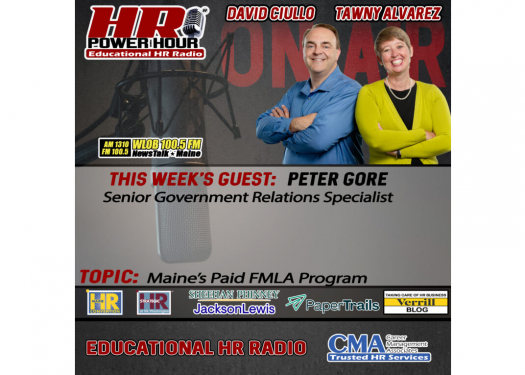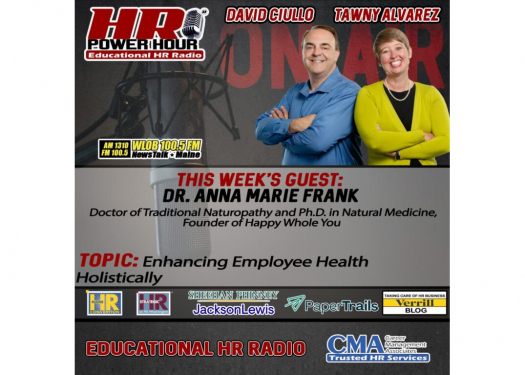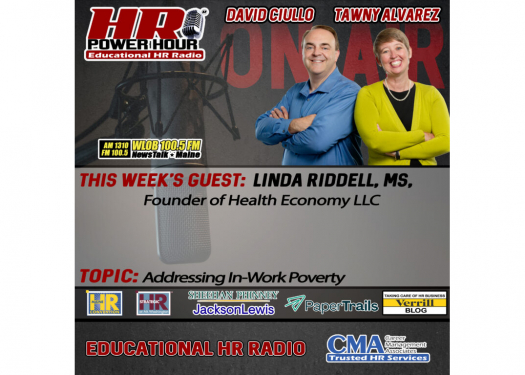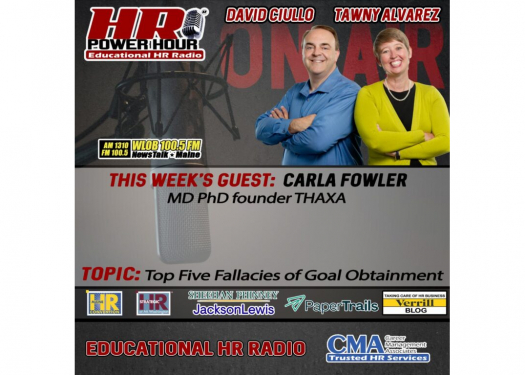Employers Check Your Handbooks: New NLRB General Counsel Sets Course
 On August 12, 2021 National Labor Relations Board (NLRB) General Counsel Abruzzo published her first memo setting forth the NLRB’s priorities. The memo identifies recent cases where the Board overruled past legal precedent in addition to noting several areas as requiring careful examination.
On August 12, 2021 National Labor Relations Board (NLRB) General Counsel Abruzzo published her first memo setting forth the NLRB’s priorities. The memo identifies recent cases where the Board overruled past legal precedent in addition to noting several areas as requiring careful examination.
One of the doctrinal shifts the memo lists concerns the framework the Board utilizes to determine whether an employer’s facially neutral handbook policy violates employees’ Section 7 protected activity under the National Labor Relations Act (NLRA). If under the Board’s framework the handbook policy is found to violate employee Section 7 rights, the Board will find the employer’s policy unlawful. It is important to note that the NLRA covers most private sector employees, regardless of their unionization status, and accordingly, private employers without unions could find themselves facing this type of a charge. Section 7 describes the rights afforded to employees as:
Employees shall have the right to self-organization, to form, join or assist labor organizations, to bargain collectively through representatives of their own choosing, and to engage in other concerted activities for the purpose of collective bargaining or other mutual aid or protection, and shall also have the right to refrain from any or all of such activities except to the extent that such right may be affected by an agreement requiring membership in a labor organization as a condition of employment as authorized in section 158(a)(3). 29 U.S.C.A. § 157.
The recent cases that address this framework are Lutheran Heritage Village-Livonia, 343 NLRB 646 (2004) and The Boeing Co., 365 NLRB No. 154 (2017). The employer policy at issue in Lutheran Heritage prohibited harassment and abusive and profane language. In Lutheran Heritage, the Board found the policy was unlawful, and articulated a three-prong test to evaluate a facially neutral handbook policy’s impact on Section 7 rights. “If the rule does not explicitly restrict activity protected by Section 7, the violation is dependent upon a showing of one of the following: (1) employees would reasonably construe the language to prohibit Section 7 activity; (2) the rule was promulgated in response to union activity; or (3) the rule has been applied to restrict the exercise of Section 7 rights.” Lutheran Heritage at 647.
In Boeing, the company had a “no camera” policy at its facilities to protect trade secret information concerning the design and construction of commercial and military aircraft from getting into the hands of foreign powers or terrorists. Employees were prohibited from using of camera-enabled devices, like cell phones, on the property.
The Boeing Board took issue with the first prong of the Lutheran Heritage test opining that the test did not balance the employer’s interest in operating a policy. In response, the Boeing Board overruled Lutheran Heritage and set forth their own test, which would evaluate “(i) the nature and extent of the potential impact on NLRA rights, and (ii) legitimate justifications associated with the rule. The Boeing Company, 365 N.L.R.B. No. 154, 210 LRRM 1433, 2017 BL 447608.
Considering these two tests, the Boeing approach more explicitly creates an opportunity for employers to justify their handbook policies, articulate a legitimate reason for the policy’s implementation and removes focus from individual employee’s perception of a workplace rule. With this considered were an employer to be facing this type of a charge, most employers would prefer to have the Boeing rule apply as opposed to a Lutheran Heritage style rule.
While it remains to be seen when or how the Board will respond to Boeing, private employers regardless of their employees’ union status should be aware that this issue will receive the NLRB’s attention over the coming term. Employers may consider reevaluating their employee handbooks to ensure first that policies are drafted clearly stating the policies intent, and also take a closer look at those policies which could potentially be found to violate Section 7 if challenged.
For further information concerning rights and obligations concerning handbook policies and the potential impact of the NLRA, please contact Emily Coombs Waddell or a member of Verrill’s Labor and Employment Practice Group.



















